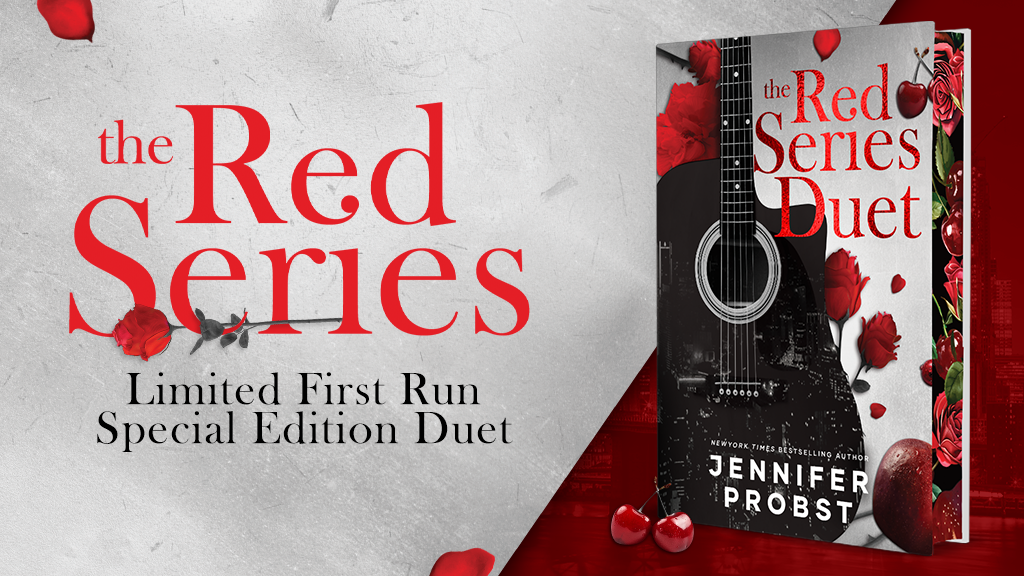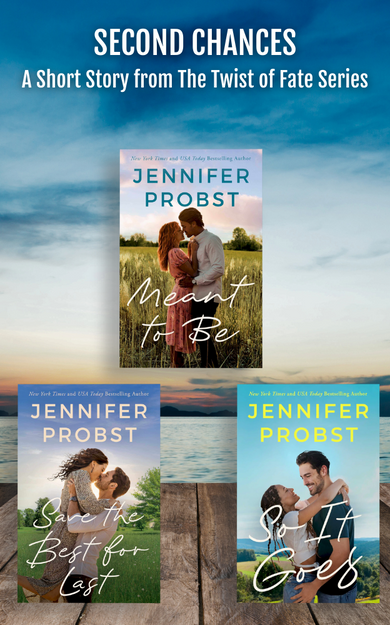The idea of “High Concept” was addressed in Edith Wharton’s book, The Writing of Fiction, which just came into the public domain.
This is what she says:
First, ask: What judgment on life does the story contain for me?
Quote: “A good subject, then, must contain in itself something that sheds a light on our moral experience.”
I’ve been pondering this question lately as I’m ready to begin my next book. One of the biggest questions asked today from agents or publishers or editors revolves around high concept.
What’s the hook? What’s the driving question/theme that will demand readers buy this book? What will stand out the most in this overcrowded market?
When you’re a writer excited to create and build on a seed to a developing story, this could either be a challenge and motivator, or an energy suck and negative force. Many writers feel their way through the first draft and may not even have figured out this question yet. But in order to pitch a three book series; you need to have this figured out beforehand.
How can you do it? Especially when Wharton drives home the fact that everyone sees a hook or theme differently, depending on their viewpoint?
I think, therefore, publishers/agents look for common place themes that fall across wider categories. Something that can resonate with most people in broader terms, yet contain elements of excitement to drive them to read the blurb or purchase.
But how do we go about creating those high concept ideas that will resonate in our stories?
I believe as a career author, it’s important to focus on elements that drive your own curiosity and that warrant a deeper explanation. For instance, with Our Italian Summer, I was fascinated with digging into the dynamics of mothers and daughters. My hook was based on a multi-generational tale of mothers and daughters set against the backdrop of Italy because it allowed me to follow my own goal of the story—unveiling hidden truths and exploring how roles may limit us—but the setting and dual romances offered an interesting hook for a publisher to want to buy.
Go back to Wharton’s eternal question when asking yourself if this is the story you need to tell.
What will shed light on YOUR moral experience? What judgment on life does your story contain?
Those are the ultimate questions. What seeds will you plant to get there?
I am consistently telling writers this is a highly individualized process and journey because we are all unique individuals. I cannot write like you do. I do not see the world the same. This is the beauty of our career – the same story told over and over can be different each time.
If you’re a trope driven writer, strip away the mechanics and figure out what judgment will your story contain?
All of this traces back to the all eternal growth ARC of our characters. Where they begin is not where they will end up. They must grow and change for a satisfying story.
Then, add theme. An overall idea of what you want to explore with all of your characters. Forgiveness? Second chances? What does home mean to you? Am I truly worthy of love? It’s a mad, crazy world?
The final piece will answer Wharton’s question. It will be an imprint of how YOU saw these characters—your telling of this story—your visual of the world.
Don’t be afraid of it. Be unapologetic.
#Write True.
#Write Naked.


